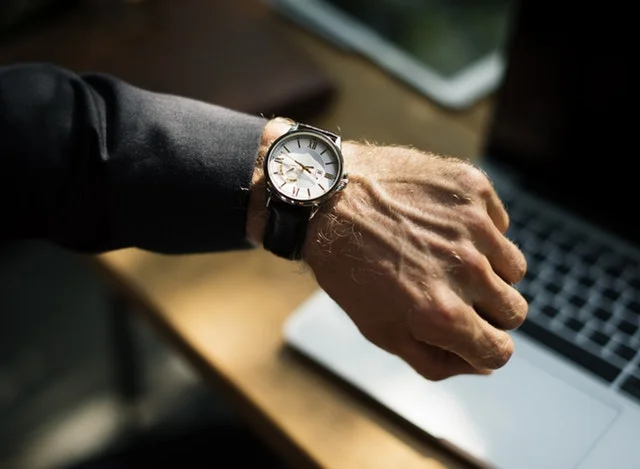How to Be a Freelancer Editors Like
The beautiful thing about the internet is people are more accessible than they were before. It’s so easy to find and follow editors on social media. You can see what they’re concerned about, what they’re interested in, and when they need freelance writers.
The not-so-great thing about the internet—besides hateful posts and gross spam accounts—is that it has also opened the door to a flood of competing writers. I don’t think that competition among writers is a bad thing. In fact, I think the internet has given rise to more diverse writers to an extent. But I do think that it’s harder to gain a following with so many voices in the marketplace.
With so many writers clamoring to get the attention of editors, you’ve got to edge your way to the top of their inbox. But how exactly do you get on an editor’s good side? Here are some tips:
Find out what they like
Follow editors from your favorite publications on social media. What are they tweeting about? What’s frustrating them? What are they interested in? Read the stuff they post as well as following the main publication’s social media channels to get a sense of what they cover. Nothing is worse than sending a pitch to an editor for a subject that’s out of their purview.
Bring fresh ideas
That said, editors are always interested in a good story. They don’t want to produce the same kind of stories over and over. Is there are a different way that they could be covering their beat? Something going on that they haven’t considered? If you consistently find story ideas that are off-kilter, but good, you’ll quickly become a go-to freelancer.
Be persistent but not annoying
Over time, you’ll figure out how your editor communicates. Some editors respond back to emails within a day or two. Others might require at least a week to get back to you. But in the beginning, should probably ask how they best communicate (via phone or email?) and when’s the best time to follow up.
Follow payment directions
I’ve talked about this in my “Freelancer Payment Pet Peeves” post, but sometimes editors have a complicated payment process. Talk this through with editor upfront. Some publications have a freelancer guide (and even those can be cumbersome and confusing) and many outlets don’t. Figure out how the outlet pays its writers (that should already be outlined in the contract, but still) and abide by those payment guidelines.If you make an act of good faith to follow their system, they should get payment to you on time.
Write in their style
I’m not just talking about using AP style or Chicago Manual Style, though that’s really important. I mean look at the tone the publication. Try to mirror that when you’re drafting the story. It’ll make your life and your editor’s life a lot easier when it comes time to fine-tune the story.
Mastering all of this takes time. I’m still figuring it out myself, and I’ll probably be sorting out for a long time. But I can say that these factors have helped me a writer that editors want to collaborate with. Now, go out there and get yours!
What’s your secret to forming good relationships with editors? Tell me in the comments below or email me at contact@thefreelancebeat.com.





